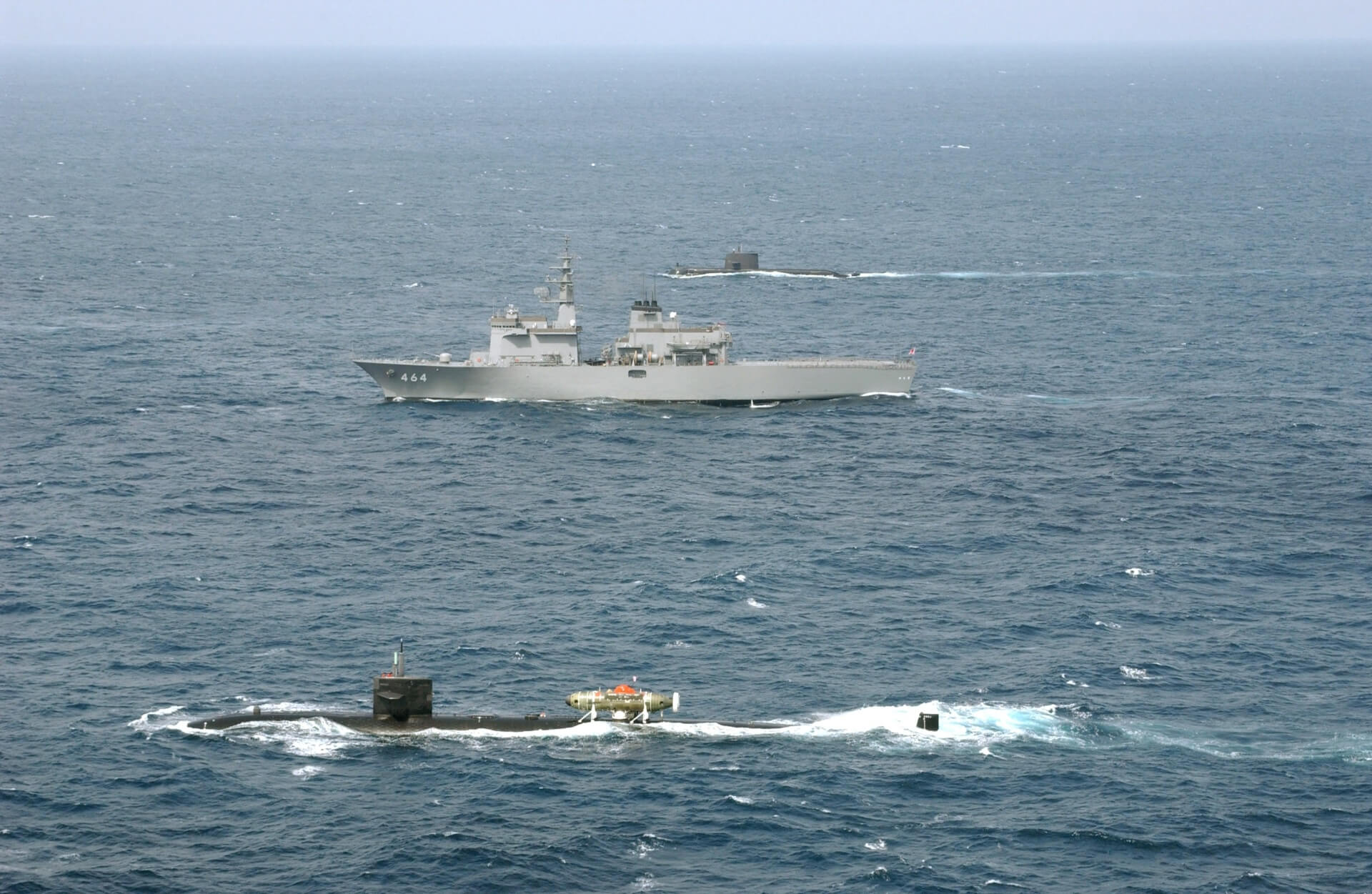Robert Kaplan, one of the foremost experts on China, stated “The South China Sea will be the 21st Century’s defining battleground.” Unlike the Persian Gulf, which has widespread recognition due to its significance to oil, the South China Sea is shrouded in obscurity and rarely discussed. Despite its crucial importance to geopolitics, little is known about this marginal sea surrounded by littoral nations vying for supremacy over it.
What is it?
The South China Sea is adjacent to the Pacific Ocean and encompasses an area of 1.4 million square miles (3.5 million square kilometers). The sea is a semi-closed area and extends from the Singapore Strait to the Taiwan Strait. China, Indonesia, Malaysia, Brunei, the Philippines, Vietnam, and Taiwan encircle the sea. This large swathe of sea is considered to be a great economic source of wealth (Fishery stocks and potential hydrocarbon reserves beneath the seabed) as well as vital to geopolitical strategy.
Why is it important?
With eight nations disputing about and vying for control of the maritime features and ultimately the entire sea, tensions are starting to spill over into potential conflict. The significance of the South China Sea is its potential for wealth as well as the strategic advantage it will bequest upon whomever controls it. Unlike other seas, the South China Sea has three factors that make it one of the most important, if not the most, sea to watch and guaranteeing a major conflict to ensue in the next few decades.

The South China Sea has a wealth of resources from “fishery stocks that comprise the livelihood and diet of so many in the region.” It is believed to be “one of the most lucrative fishing areas in the world”. Whoever establishes sovereignty over the sea will control one of the largest fishery stocks in the world. The vitality of such a source is important based on the staple diet of the region. With burgeoning populations in many of these nations, ensuring a constant food source is vital to stability and longevity for the countries of the region.
The discovery of large sources of oil and gas reserves under the seabed has only further enticed the surrounding littoral nations to intensify their claims for control of the sea. Chinese officials have estimated the oil reserves at one trillion US dollars. The Chinese Department of Geology claims that the amount of reserves in and around the island will exceed those of the OPEC nations such as Kuwait or even Iraq. The potential for gas is even larger. If any nations manages to wrest control of the zone, energy independence as well as large revenue stream is guaranteed, which is a national security imperative for many nations in the area including China.
The control of the South China Sea is vital in projecting power to the Eurasian rimlands and eventually to the vast interiors. The sea also serves as a natural link/interface between the Indian and Pacific Oceans only furthering its appeal. This natural passageway between the two oceans creates what is known as “Malacca Dilemma”. The Malacca Dilemma refers to the dependence of China and the other nations in the region on the Strait of Malacca both economically and geopolitically. The Strait of Malacca is analogous in importance to the Strait of Hormuz in the Persian Gulf. One-third of all global trade transits through the strait as well as more than overwhelming majority of raw materials and energy needs for the economies of China and the region. Due to the increased traffic over the years it has become a critical chokepoint. The inability of these nations to exert its influence on the waterway gives its military planners the ultimate apprehension.
Even though ISIS and the Middle East continue to be important, the world should start paying more attention and getting familiar with the South China Sea before the tensions and skirmishes turn into an all-out regional war.
